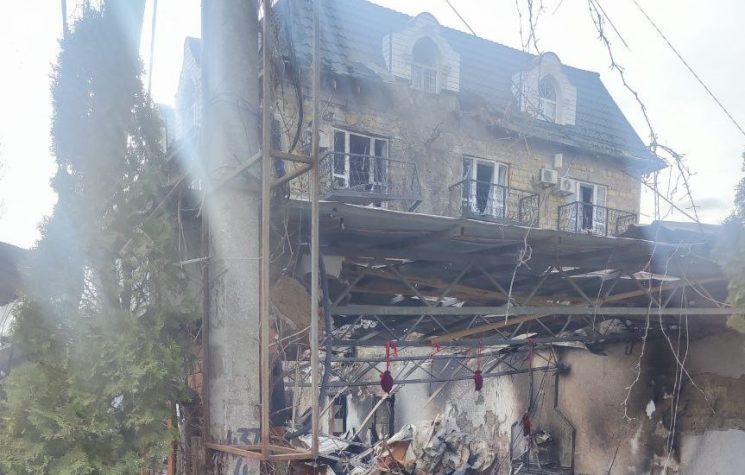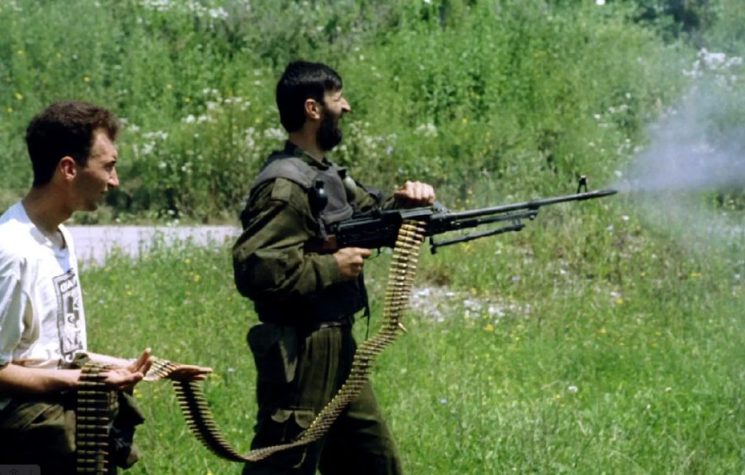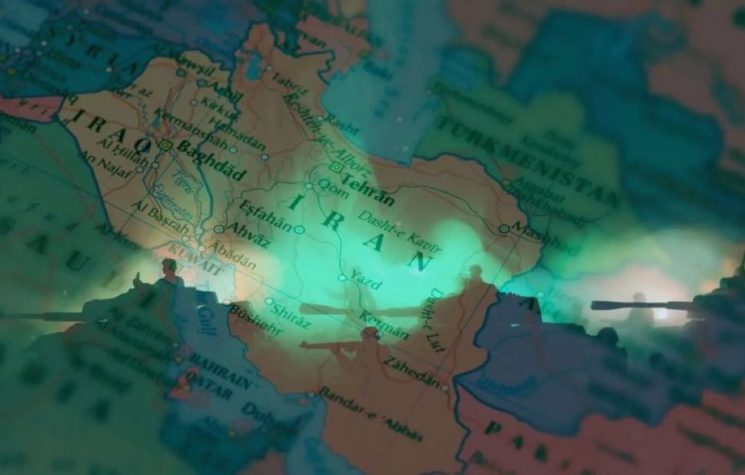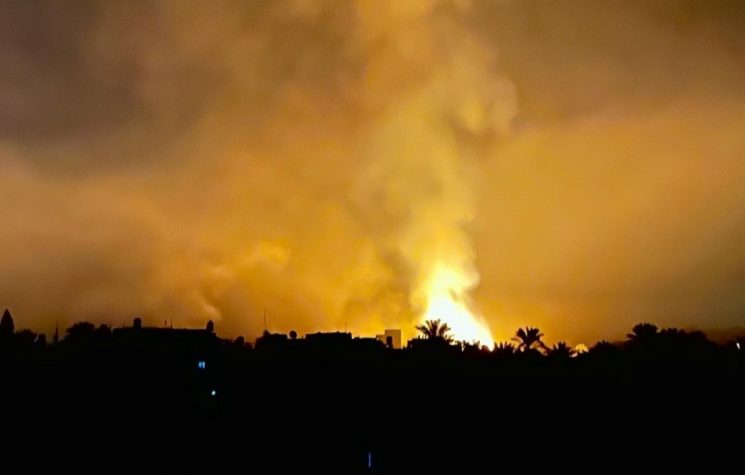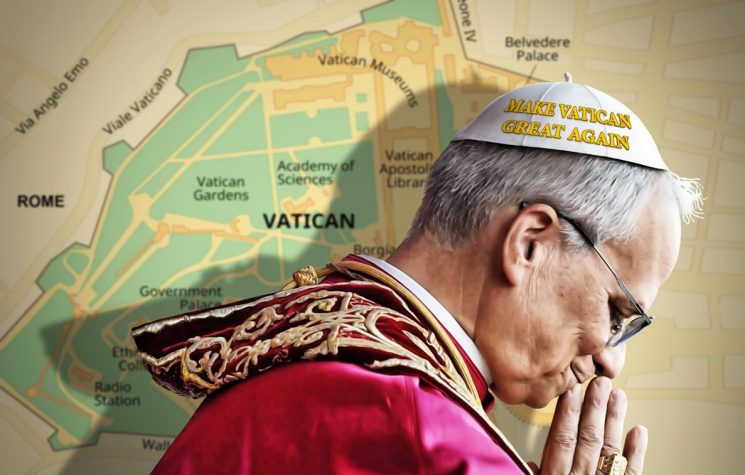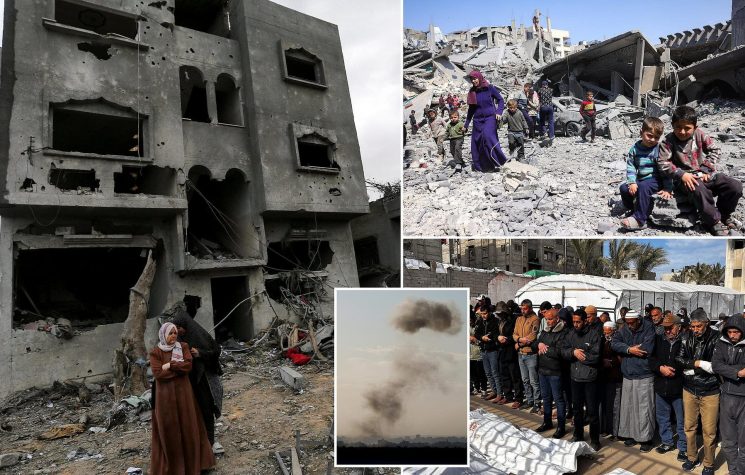Syria was an imperfect yet incontestably successful pattern of civilisation, Stephen Karganovic writes.
Contact us: info@strategic-culture.su
Pepe Escobar was spot on when he stated that the downfall of Syria signified the “death of a nation.” Is it premature to chant a requiem for that marvellous land and its intriguing people, not just their virtues but also their flaws having duly been taken into account? And ought we to do it so soon, as the black flag of Syria’s latest conquerors, matching the darkness of its present circumstances, flutters over it, having just been raised in its capital? Time will tell, but reputable observers appear to be partial to precisely such a sombre conclusion.
An argument could be advanced that Syria’s tragedy may prove to be even greater in scope than Pepe avers. Syria surely never was a “nation” in the conventional sense, signifying the homogeneity of shared ethnicity, faith, and moral purpose. It was in fact largely the opposite. Historically, however, Syria was an entity and perhaps even an idea much loftier than a mere homogeneity. It was a concept of conviviality, not of the simple and easy kind, founded upon commonalities, but of the truly challenging and infinitely more complicated sort. Syria throughout the ages was a precarious, yet for the most part sustainably functional cultural crucible, consisting of a combination of disparate components thrown inexplicably together by the whims of fate. Yet astonishingly, and contrary to virtually every lesson of human interaction taught and learned elsewhere, Syria was an impossible combination that for the most part worked reasonably well. This patchwork of manifestly incompatible elements, of diverse faiths, often incongruous ethnicities, and real or imagined identities, willy-nilly and probably more by trial and error than by design, had developed a unique modus vivendi, a formula for practical coexistence from which the world has much to learn. Instead of watching idly as freakish barbarians armed with sledgehammers pound it to smithereens, we should perhaps have reacted, contrary if need be to the tenets of geopolitical logic, to preserve this ancient land and cultural treasure from defilement and devastation. We can do no better now than to study for our own profit and edification that remarkable historically conditioned mechanism that Syria used to be, to emulate its spirit and apply its principles wherever practicable.
I would argue, without idealising, that the now apparently defunct Syria, rather than being merely a nation whose death it is proper to mourn, as Pepe rightly does, conceptually was much more than the sum of its constituent parts. Syria was an imperfect yet incontestably successful pattern of civilisation, at least in the perspective of those who in human relations strive for a semblance of peace, cooperation, and harmony. Whether or not that pattern can ever be reconstituted is a question to which a ready answer is not at hand.
That having been said, we may skip the analysis of how Syria’s tragic and unexpected Untergang has come about, that topic being competently expounded by other commentators. There is, however, an aspect of the current events that needs to be particularly highlighted.
That is the human dimension of the horror. Under the guise of opposing the excesses of a dictatorship, a combination of countries which purport to occupy the high moral ground in world affairs (the allusion is to the collective West and its lackeys, of course) have waged a relentless proxy war of attrition and extinction not against the Syrian “regime,” as they contemptuously referred to the legitimate government of that country, but against the people of Syria en masse, irrespective of their particular affiliation. The objective was to oppress them and to destroy their common heritage in order to render them helpless and obedient to globalist masters and their regional collaborators, determined to impose their rapacious schemes in the form of oil pipelines, territorial recomposition, or whatever corrupt and self-serving goals they may have set. In that nefarious operation, the Syrian people, and even the jihadist condottieri themselves, the militia of goons trained and equipped to destroy the tranquillity and devastate the material and cultural assets of that unfortunate land, are all expendable.
Accounts abound of frightful butchery, unsparing and indifferent to the ethnic or religious identity of victims, that has already begun and is claiming a multitude of innocent lives. To personalise the horror, a conspicuous victim may be cited, the Orthodox Metropolitan Ephraim (Maalouli) of Aleppo, the first large Syrian city captured by the foreign armed and directed terrorists. Metropolitan Ephraim has now gone missing and is in all probability a captive of the HTS jihadist gang whose leader’s criminal background, in anticipation of his rise to power, was recently refurbished and normalised in a CNN interview. The gang has publicly announced its intention to cut off the Metropolitan’s beard and ears and to behead him.
Metropolitan Ephraim is not the only victim of the new dispensation, brought about by the depraved geopolitical strategists of the collective West and their local instruments and allies. Credible reports have it that “thousands were becoming displaced, with road closures and refugee camps swelling. Others [Christians, Yazidis, and members of other minority groups] were trapped in their homes.” David Curry, president of Global Christian Relief, with good contacts inside Syria, has stated that in the north of Syria “Turkish-backed terrorists continue to fight for territory and perpetrate heinous acts of violence against Kurdish and Yazidi religious communities.”
So much for the eagerly awaited palpable improvement in the “human rights” situation. A requiem perhaps would be in order.














